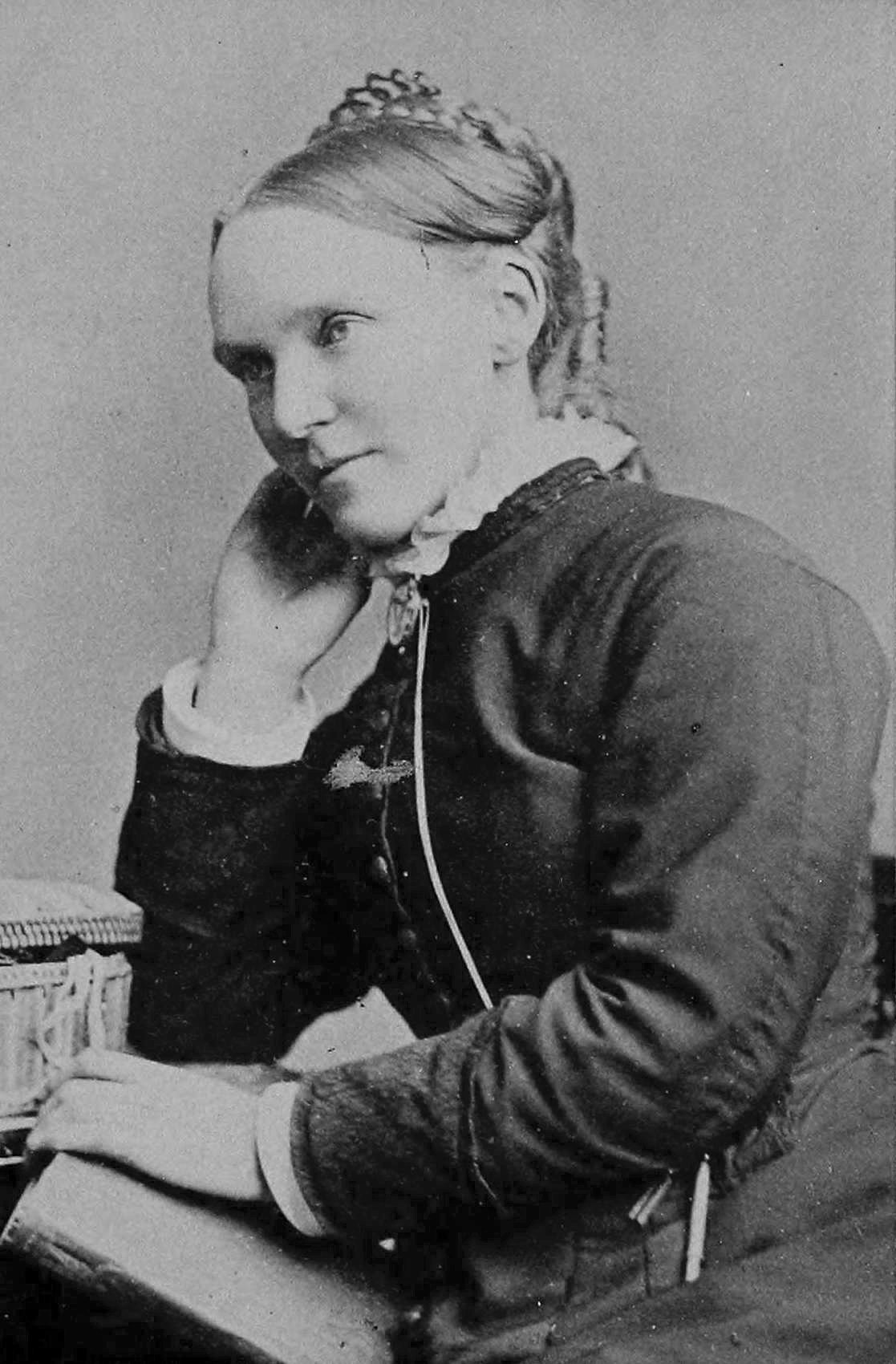Lesson Objectives
By the end of this lesson, the student should:
(1) Appreciate God’s provision for a daily relationship with his people.
(2) Recognize that we are holy through relationship with God, not through human effort.
(3) Be committed to spending time building a daily relationship with God.
(4) Be equipped to help other believers grow in their relationship with God.
(5) Memorize 1 John 1:6-7.


